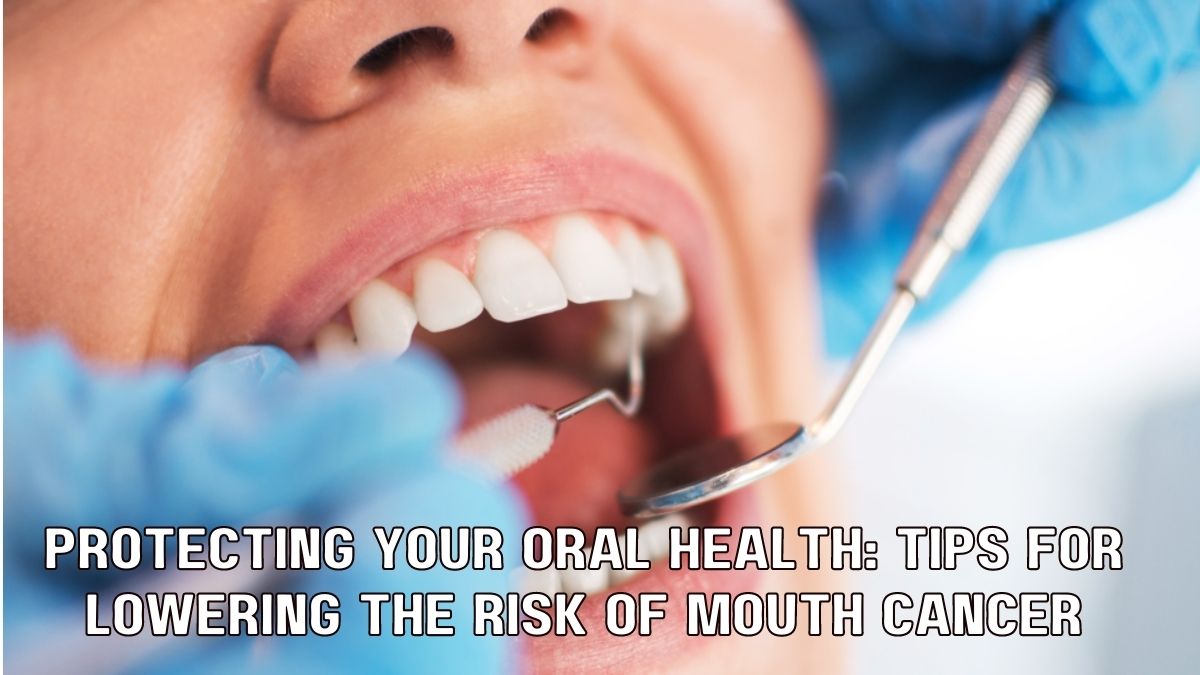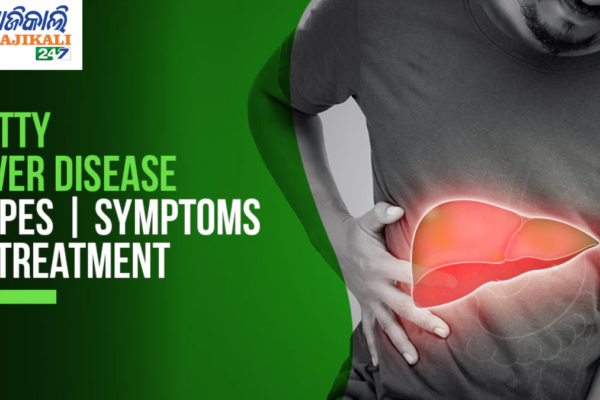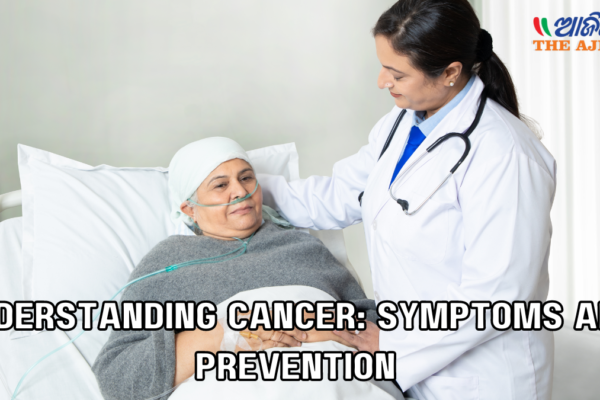Introduction
Oral health plays a crucial role in our overall well-being, and one of the significant concerns is mouth cancer. Mouth cancer, also known as oral cancer, can affect various parts of the oral cavity, including the lips, tongue, cheeks, and throat. While there are various factors that can contribute to the development of mouth cancer, there are also steps you can take to lower your risk and protect your oral health. In this blog, we will explore important tips for reducing the risk of mouth cancer and maintaining a healthy mouth.
1.Tobacco and Alcohol Consumption
Tobacco use, whether in the form of smoking or chewing, is one of the leading causes of mouth cancer. Additionally, excessive alcohol consumption can also increase the risk. Quitting tobacco and limiting alcohol intake can significantly decrease your chances of developing oral cancer. Seek support and resources to help you quit these harmful habits.

2.Healthy Diet
A well-balanced diet rich in fruits and vegetables can boost your immune system and provide essential nutrients that contribute to oral health. Some studies suggest that certain compounds found in fruits and vegetables may have protective effects against oral cancer. Incorporate a variety of colorful produce into your meals to reap these benefits.

3.Sun Protection
Prolonged exposure to the sun’s harmful UV rays can increase the risk of lip cancer. When spending time outdoors, especially during peak sun hours, use lip balm with sun protection factor (SPF) to shield your lips from UV radiation. Wearing a wide-brimmed hat and sunglasses can also provide additional protection.

4.Regular Dental Check-ups
Regular dental check-ups are essential for detecting any oral health issues early, including potential signs of mouth cancer. Dentists are trained to identify abnormalities and can recommend further evaluation if needed. Make it a habit to visit your dentist at least twice a year for a thorough examination.

5.Practice Good Oral Hygiene
Maintaining good oral hygiene is fundamental in preventing various oral health issues, including mouth cancer. Brush your teeth at least twice a day with fluoride toothpaste, floss daily, and use an antiseptic mouthwash to reduce bacteria in your mouth.

6.Avoid HPV Infection
Human papillomavirus (HPV) is a group of viruses that can increase the risk of oral cancer. To reduce the risk of HPV infection, consider getting vaccinated if you’re eligible, and practice safe sexual behaviors.
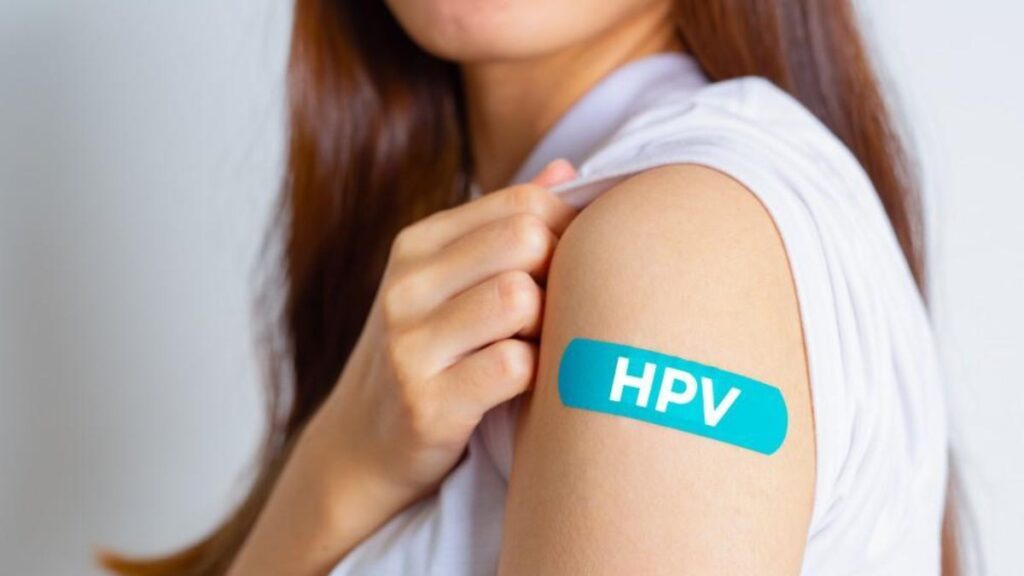
7.Be Mindful of Oral Changes
Be attentive to any unusual changes in your oral cavity, such as sores, lumps, persistent pain, or difficulty swallowing. If you notice any of these symptoms, consult a healthcare professional promptly.
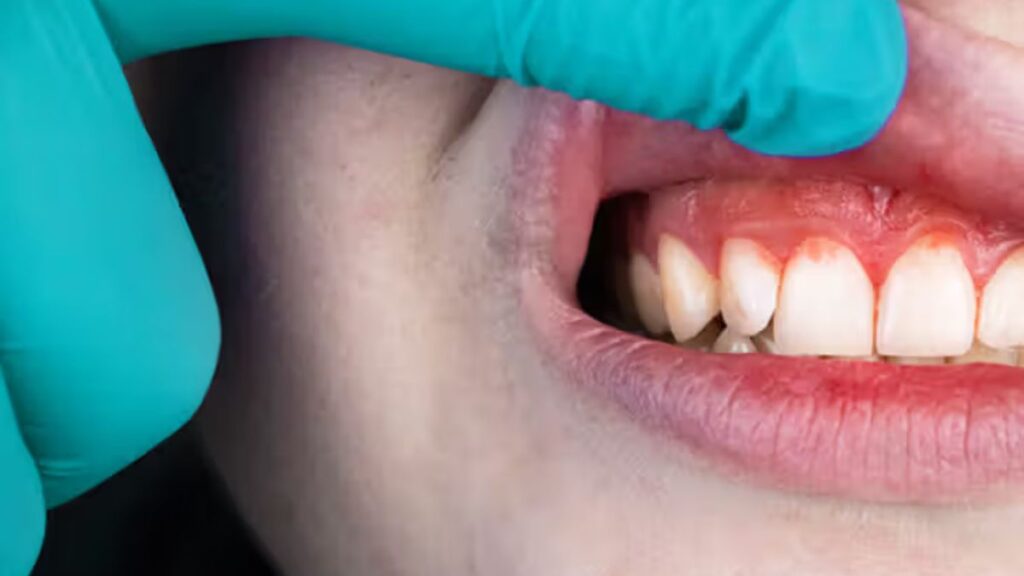
Conclusion
Protecting your oral health is an important step in lowering the risk of mouth cancer. By making healthy lifestyle choices, practicing good oral hygiene, and being vigilant about any changes in your mouth, you can significantly contribute to your overall well-being. Remember that early detection and prevention are key, so prioritize your oral health and take the necessary steps to reduce your risk of mouth cancer. Your smile and well-being are worth it.

